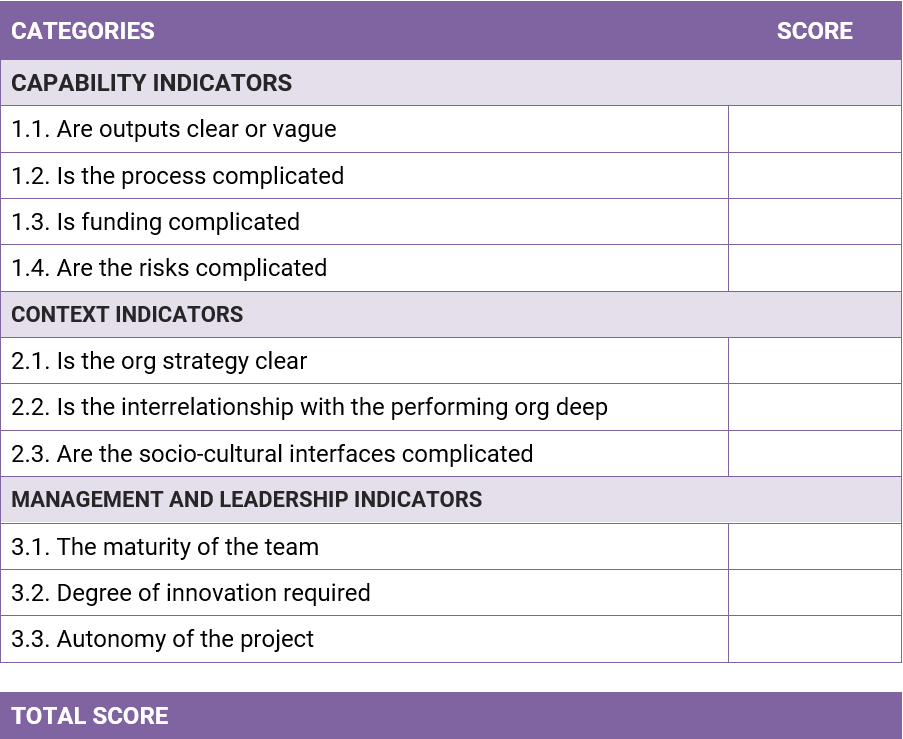logo


- Courses
- Certification
Certification OverviewEducate yourself on PM certificates
IPMA CertificationFounded in Switzerland (1965) - the world's first professional PM association
IPM CertificationA specialist since 1989 in premium project management education and training
PMI CertificationU.S. based association most well known for PMP, CAPM, ACP certification
PRINCE2® CertificationCertify your company for PM excellence
- Membership
- Resources
ArticlesExplore our library with hundreds of articles on project management
NewsKeep up to date with the latest news and trends in the PM industry
EbooksGrow your knowledge and understanding from our Ebook publications
MentorshipExplore our mentorship programme for accelerated career growth
Publish Your WritingSubmit your writing to IPM, earn PDUs, and publish to our Global Community
Jobs BoardBrowse the most recent project related jobs postings
- About
The InstituteFounded in 1989 - IPM is well known as a leading PM specialist educator
FacultyExplore our subject-matter experts who have a wealth of experience
Global Advisory BoardUp-to-date with the very best thinking in project management
Apply to Lecture or VolunteerInspire the next generation of project managers and make an impact on the industry.
Apply to Intern or Campus AmbassadorIntern and shape campus life as an Ambassador.
- Contact













